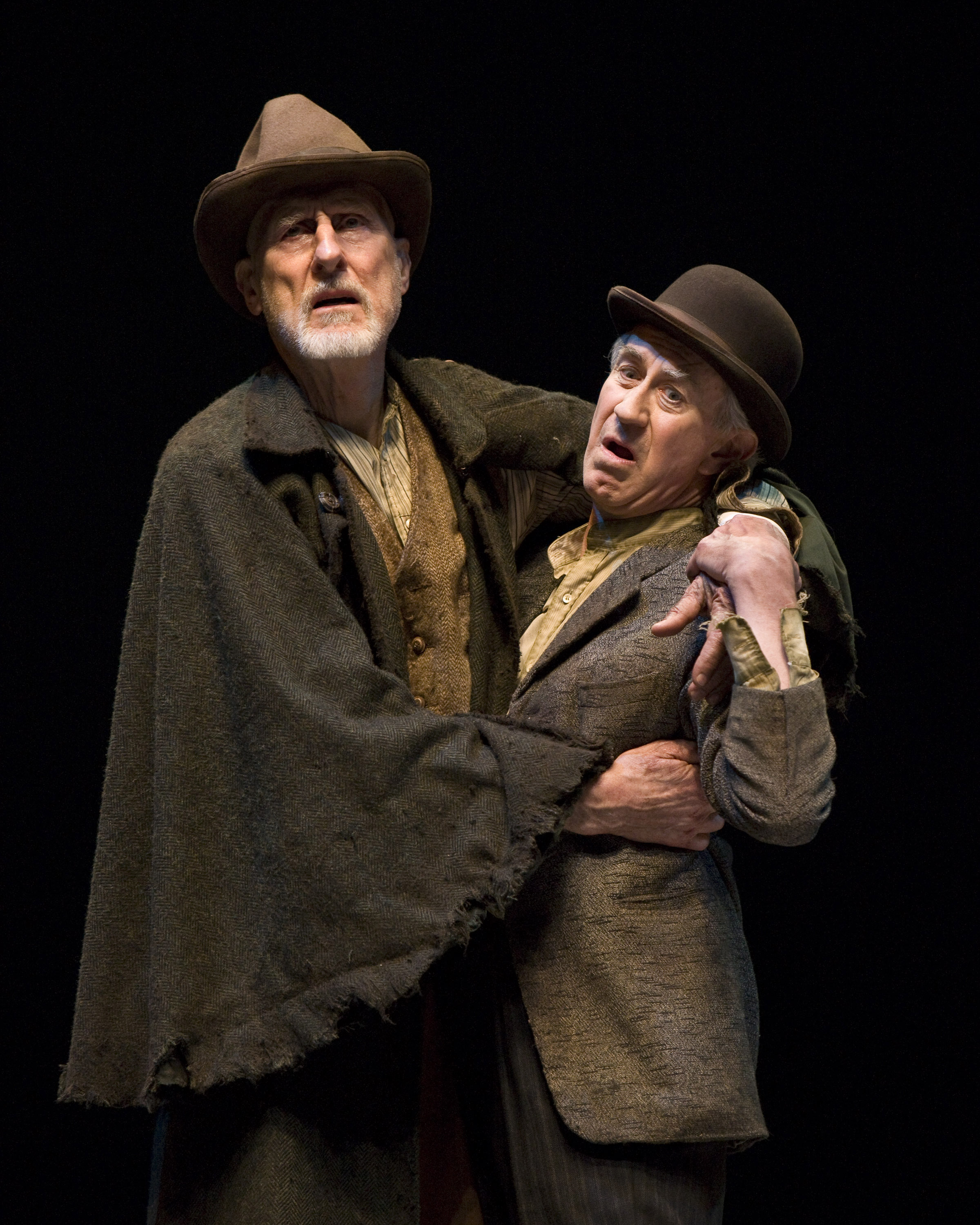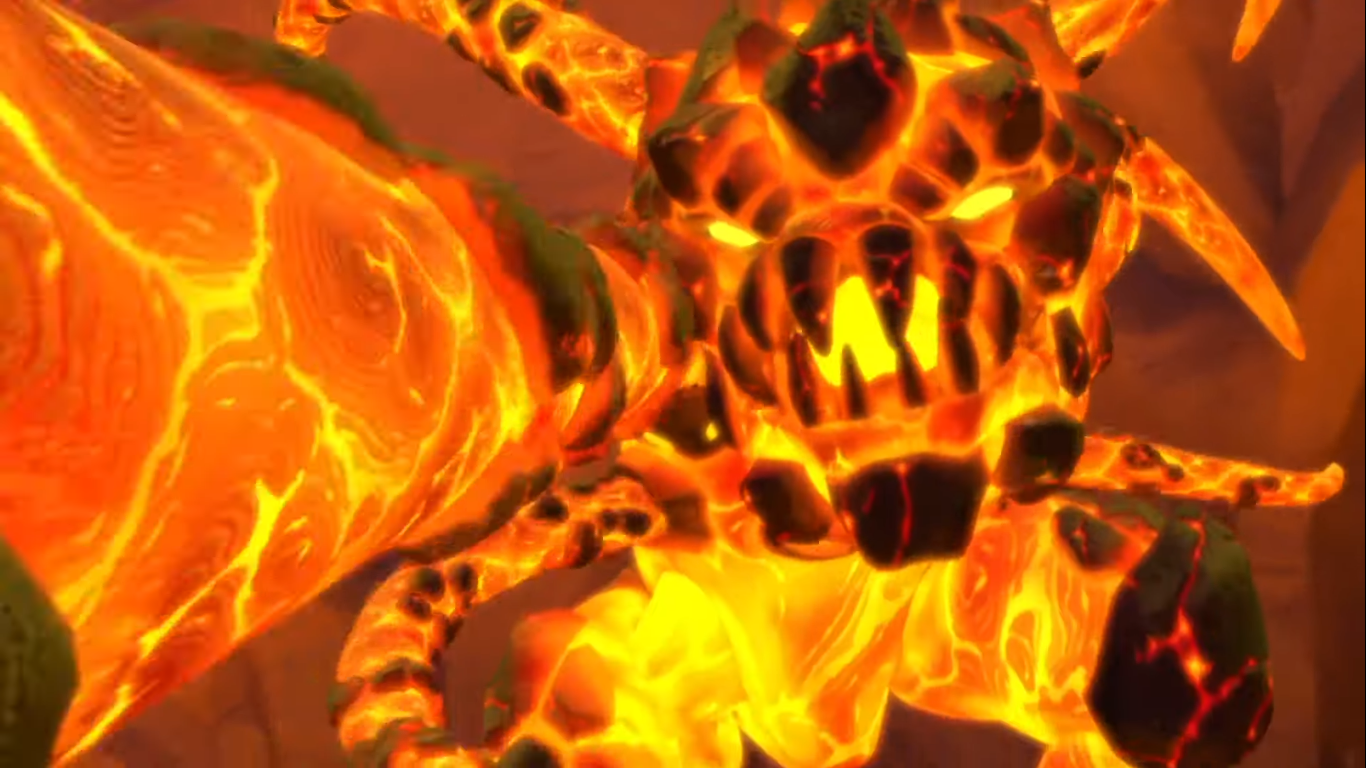
- #Waiting for godot characters how to
- #Waiting for godot characters series
- #Waiting for godot characters tv
This essay will analyze some of the elements of tragedy, particularly as defined by Aristotle, and argue whether certain plays should be considered tragedy by these terms.
#Waiting for godot characters series
Share your findings with the class.Much like realism found in art, tragedy is a style of drama that aims to bring the viewer through a series of realistic, often melancholy, events and emotions. Find an example of a reference to Waiting for Godot in popular culture, books, movies, or art.
#Waiting for godot characters tv
References to the play appear in books, plays, movies, art, and even TV shows like Sesame Street. Many people have been influenced by Waiting for Godot. How would you design the set and costumes? Draw a sketch or find images to reflect your interpretation of the play. How have different designers expressed a unique point of view given the same set of directions? Pretend that you are the set designer or costume designer for a new production of Waiting for Godot. Compare the different sets and costumes to the stage directions written in the play. Next, find examples that are in opposition to existentialism.įind photographs of different productions of the play. Find examples of dialogue and/or action in the play that reflect existentialist philosophy. What might Beckett be trying to convey by having Vladimir and Estragon wear this particular type of hat? How might the play change if the characters wore no hats? A different style of hat? Instead of having distinctive and varied characters. Theater of the Absurd features less distinctive characters (Vladimir and Estragon have similar backgrounds and dress alike all the characters are male).
#Waiting for godot characters how to

For many, the world appeared chaotic and meaningless. In 1945, World War II ended, leaving behind widespread destruction and more than 60 million casualties, including 6 million Jews and others killed in the Holocaust. Estragon and Vladimir agree to leave, but do not move.

After Pozzo and Lucky leave, a boy brings the message that Godot is not coming today, but will come tomorrow. For entertainment, Pozzo orders Lucky to dance, then “think.” Comedy ensues when Lucky launches into a long incomprehensible speech. By a rope, he holds on to this slave Lucky, whom he plans to sell. Pozzo, a bullying landowner, startles the two tramps. Stephen Brennan (Lucky) and Alan Stanford (Pozzo) in the Gate's production of Waiting for Godot. Confused, bored and frustrated, they consider hanging themselves from the tree, but then resolve to keep waiting. As the two men talk and tease each other, Estragon wants to leave but Vladimir reminds him that they are waiting for Godot, whom they seem to hardly know. His friend Vladimir approaches, happy to see Estragon again and concerned about Estragon‟s welfare.

Johnny Murphy (Estragon) and Barry McGovern (Vladimir) in the Gate's production of Waiting for Godot.Īlong a country road near a dead tree, a tramp named Estragon struggles to remove his boot.


 0 kommentar(er)
0 kommentar(er)
